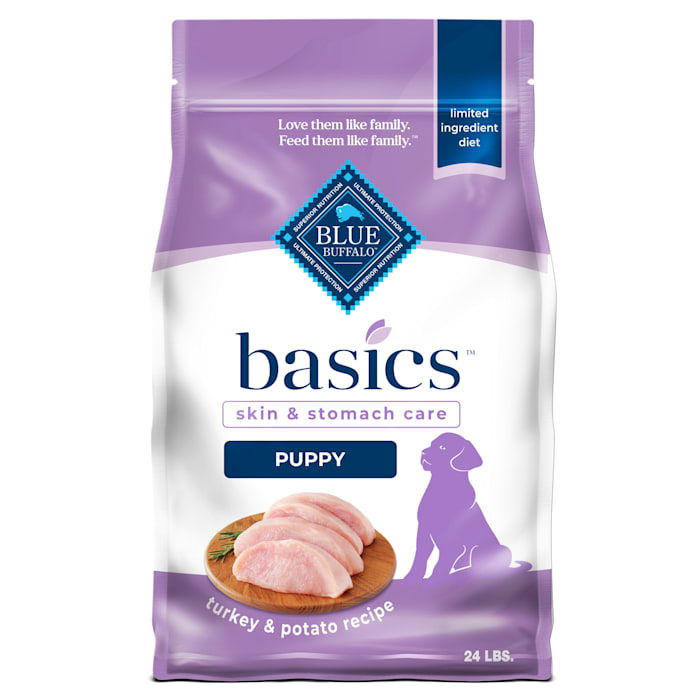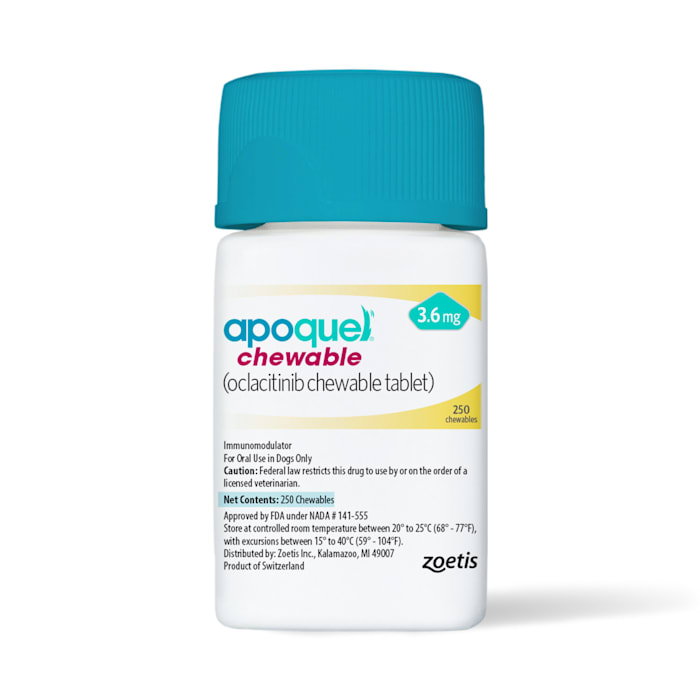
If your dog is constantly scratching, licking their paws, or suffering from frequent ear infections, they may be experiencing allergies. Just like humans, dogs can develop allergies to various environmental factors, foods, and even flea bites. Understanding the signs, causes, and treatments for allergies in dogs is essential to ensuring your furry friend stays happy and comfortable.
This guide will cover everything you need to know about allergies in dogs, including the types of allergies, common symptoms, causes, and the best skin allergies in dogs treatment options available.
Types of Allergies in Dogs
Dogs can suffer from several different types of allergies, which can affect their skin, digestive system, or overall well-being. The most common categories of canine allergies include:
Food Allergies
Food allergies in dogs occur when their immune system overreacts to specific ingredients in their diet. Proteins like chicken, beef, dairy, and grains such as wheat or soy are common culprits.
Symptoms of Food Allergies in Dogs:
- Itchy skin (especially ears, paws, or belly)
- Chronic ear infections
- Gastrointestinal issues (vomiting, diarrhea)
- Hair loss and hot spots
Treatment for Food Allergies in Dogs:
- Elimination Diet: Switch to a limited-ingredient diet or hypoallergenic dog food.
- Novel Proteins: Foods made with alternative protein sources like venison, duck, or kangaroo.
- Grain-Free or Hydrolyzed Diets: These break down proteins into smaller molecules, reducing immune reactions.
Environmental Allergies (Atopic Dermatitis)
Environmental allergies are caused by allergens like pollen, dust mites, mold, or grass. Dogs with environmental allergies often suffer from seasonal flare-ups.
Symptoms of Environmental Allergies in Dogs:
- Constant licking or chewing of paws
- Red, irritated skin (dermatitis)
- Frequent ear infections
- Sneezing and watery eyes
Treatment for Environmental Allergies in Dogs:
- Antihistamines (Benadryl, Zyrtec) for mild cases
- Cytopoint injections or Apoquel for severe allergic reactions
- Regular bathing with medicated or hypoallergenic shampoos
- Air purifiers to reduce indoor allergens
Flea Allergy Dermatitis (FAD)
Flea allergy dermatitis is an allergic reaction to flea saliva. Even a single flea bite can cause extreme itching and irritation. (Read our article “How to Get Rid of Fleas on Dogs”.)
Symptoms of Flea Allergies in Dogs:
- Intense itching and scratching
- Hair loss, especially near the tail
- Red, inflamed skin with scabs
- Restlessness and discomfort
Treatment for Flea Allergy Dermatitis in Dogs:
- Monthly flea prevention (Simparica, NexGard, Bravecto)
- Medicated flea shampoos and sprays
- Environmental flea control (vacuuming, flea bombs, yard sprays)
Contact Allergies
Dogs can develop allergies from direct contact with certain materials such as carpets, grass, cleaning products, or synthetic fabrics.
Symptoms of Contact Allergies in Dogs:
- Localized itching and redness
- Hives or small red bumps
- Skin inflammation and swelling
- Licking or chewing at affected areas
Treatment for Contact Allergies in Dogs:
- Identify and remove allergens (switch detergents, use natural cleaning products)
- Medicated or oatmeal baths for soothing relief
- Hydrocortisone creams for irritation (only under veterinary guidance)
Signs of an Allergic Reaction in a Dog
An allergic reaction in a dog can range from mild itching to severe, life-threatening conditions like anaphylaxis.
Common Symptoms of Allergic Reactions in Dogs:
✅ Excessive itching and scratching
✅ Red, inflamed skin
✅ Swelling of the face, lips, or eyes
✅ Chronic ear infections
✅ Hair loss and skin infections
✅ Vomiting and diarrhea (in food allergies)
✅ Hives or raised red bumps
Emergency Symptoms – When to Seek Immediate Help:
⚠️ Difficulty breathing
⚠️ Severe swelling of the face, throat, or tongue
⚠️ Collapse or weakness
⚠️ Uncontrolled vomiting or diarrhea
If your dog experiences severe symptoms, seek emergency veterinary care immediately. Anaphylactic reactions require urgent treatment with epinephrine, antihistamines, and steroids.
Best Products for Allergy Dog Relief
Finding the right allergy dog relief products can make a huge difference in your pet’s comfort. Always consult your veterinarian before giving your dog medications. Here are some top-rated solutions for managing skin allergies in dogs treatment:
Medications for Allergy Relief
💊 Apoquel: Controls itching and inflammation related to environmental and food allergies.
💉 Cytopoint Injections: A monthly injection that blocks itching signals at the cellular level.
💊 Benadryl (Diphenhydramine): Helps with mild allergic reactions (consult your vet for dosage).

Allergy-Friendly Dog Shampoos
🛁 Vet’s Best Allergy Itch Relief Shampoo – Contains natural ingredients like aloe vera and oatmeal.
🛁 Douxo Chlorhexidine PS Shampoo – Medicated for dogs with bacterial or yeast infections due to allergies.
Skin & Coat Supplements
🐶 Zesty Paws Allergy Immune Bites – Contains probiotics and omega-3 fatty acids.
🐶 Grizzly Salmon Oil – Supports skin health and reduces inflammation.


Hypoallergenic Dog Food
🍗 Hill’s Prescription Diet z/d – Specially formulated for food allergies.
🍗 Blue Buffalo Basics Limited Ingredient Diet – Great for sensitive dogs.



Flea Prevention Products
🐜 NexGard Chewables – Monthly flea and tick prevention.
🐜 Seresto Flea Collar – Offers 8 months of flea and tick protection.

Preventing Allergies in Dogs
While some allergies cannot be cured, you can minimize your dog’s exposure to allergens and manage their symptoms effectively.
✔ Feed a high-quality, hypoallergenic diet to prevent food-related allergies.
✔ Use flea prevention treatments year-round to avoid flea allergies.
✔ Bathe your dog with medicated or hypoallergenic shampoos to soothe irritated skin.
✔ Keep your home clean and allergen-free by vacuuming regularly and using air purifiers.
✔ Monitor seasonal allergies and adjust medications as needed.
Allergies in dogs can be frustrating, but with the right allergy dog relief methods, you can help your pup feel better. Whether your dog suffers from food allergies, environmental allergies, flea allergies, or contact allergies, identifying the triggers and using the best treatments can improve their quality of life.
If your dog experiences an allergic reaction in a dog that seems severe, always consult with your veterinarian for guidance.
By staying proactive and using the best skin allergies in dogs treatment options, you can ensure your furry companion remains happy, healthy, and itch-free!







